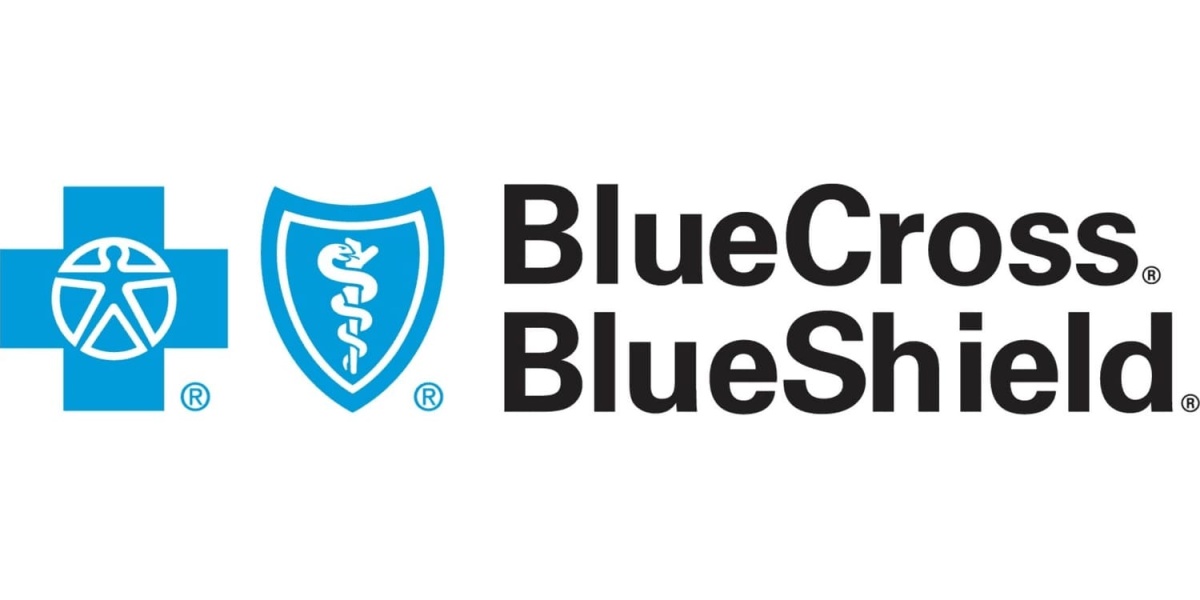Blue Cross Blue Shield provides healthcare products and services across the United States and in many countries worldwide. On this page is an overview of the drug and alcohol rehabilitation services offered by Blue Cross Blue Shield.

Blue Cross Blue Shield overview
Blue Cross Blue Shield was founded in 1929 and now comprises 33 companies offering healthcare solutions and insurance plans across all 50 US states to over 115 million people. They offer a Federal Employee Program that provides coverage for over half of all US Federal employees and a Global program for people living, working, or traveling internationally. [1]
Does Blue Cross Blue Shield cover substance use disorder treatment?
Yes, Blue Cross Blue Shield health insurance covers substance use disorder treatment. Since the Affordable Care Act was written in 2010, all health insurance providers must cover substance use disorder and mental health treatments. [2]
Blue Cross Blue Shield offers a range of health insurance plans, which vary by state. Depending on your plan, the provider you choose, and the level of care you require, Blue Cross Blue Shield may cover some or all of your substance use disorder treatment. Using in-network providers can reduce the amount required to pay out-of-pocket. [3]
Some health insurance plans are tiered, from bronze to platinum. Generally, the more you pay monthly, the higher the percentage of coverage you receive and the lower the deductible will be. [4]
It is recommended to contact Blue Cross Blue Shield before commencing substance use disorder treatment, to be clear about your options and costs and understand what may be included in your plan.
What types of addiction do Blue Cross Blue Shield cover?
Typically, health insurance plans do not differ depending on the type of addiction. As such, any substance should be covered to the same level by your plan. This can include:
- Adderall
- Alcohol
- Amphetamine
- Benzodiazepines
- Cocaine and crack cocaine
- DMT
- Fentanyl
- Ibogaine
- Ketamine
- Kratom
- Marijuana
- Meloxicam
- Meth
- Methadone
- Modafinil
- Narcotics
- Neurontin
- Opiates, such as morphine, codeine, and heroin
- Phenibut
- Prescription opioids, such as hydrocodone and oxycodone
- Salvia
- Stimulants
- Suboxone
- Tramadol
- Trazodone
For specific details about the types of addictions covered by your plan, contact Blue Cross Blue Shield for more information.
Do they cover inpatient treatment?
Blue Cross Blue Shield does cover inpatient treatments, such as detox and rehab services. The cost that will be covered will vary depending on your plan and treatment requirements. Generally, detox treatments for benzodiazepines, alcohol, and opioid dependence will be mostly or entirely covered, as this can be dangerous and even life-threatening without proper professional support. [5]
Additionally, your out-of-pocket costs will vary depending on the provider you choose. In-network providers will be mostly or entirely covered by your plan. Using an out-of-network provider will result in higher costs. Many providers across the US are in-network with Blue Cross Blue Shield, so finding a nearby facility that is covered by your plan should be possible.
Do they cover medically assisted treatment?
Medically-assisted treatments, such as medical detox, may be covered by your plan if it is deemed a necessary part of treatment. This is likely to include medications for alcohol and opioid detox and may include other necessary medications and maintenance treatments. Contact Blue Cross Blue Shield for more details on medications covered by your plan.
Medications that may be covered by Blue Cross Blue Shield include:
- Opioid use disorder treatments: Buprenorphine, methadone, naltrexone, and Suboxone (a combination of buprenorphine and naloxone) are used to treat opioid use disorders. They can help reduce cravings and withdrawal symptoms, prevent relapse, and maintain abstinence. [6][7]
- Alcohol use disorder treatments: Disulfiram, known by the brand name Antabuse, is a commonly used medication in alcohol use disorder treatment. It can help prevent relapse and maintain abstinence. [8]
Does Blue Cross Blue Shield insurance cover outpatient treatment?
Many outpatient treatment options will be covered partially or entirely by Blue Cross Blue Shield health insurance, as they are often a necessary part of treatment. Varying levels of outpatient treatment are offered depending on individual requirements. The amount of coverage may vary depending on your needs, your plan, and your treatment provider.
What therapy, counseling, and aftercare services are covered?
Aftercare services, such as individual and group therapies, may be covered by Blue Cross Blue Shield insurance, as it is often necessary for individuals to receive ongoing care following rehab treatment. Some types of therapy may not be covered, such as creative or holistic therapies, while others may be partially or entirely covered. Contact Blue Cross Blue Shield for more information.
Substance use disorder recovery is often more successful with ongoing interventions and mental health support. Evidence-based treatments include: [9]
- Individual therapy, such as psychodynamic therapy and cognitive behavioral therapy (CBT)
- Motivational incentives
- 12-step programs
- Group therapy
- Family therapy
Blue Cross Blue Shield also offers virtual support to members, called Teladoc, via telephone, online, or an app. Members can contact Teladoc about their mental health and substance use disorders and professionals can offer advice and support in managing symptoms, finding treatment services, and understanding costs. [10]
FAQs
What length of treatment do they cover?
Blue Cross Blue Shield does not specify a limit on the length of covered treatment. The amount of coverage you receive will vary depending on your treatment needs, your plan, and your treatment provider. Longer treatments may require more out-of-pocket payments.
How can I contact them to find out more?
You can contact Blue Cross Blue Shield by calling the number on the back of your ID card, logging in to your account on your local Blue Cross Blue Shield company’s website, or searching for your plan by entering the first three characters of your ID number found on your membership card. [11]


